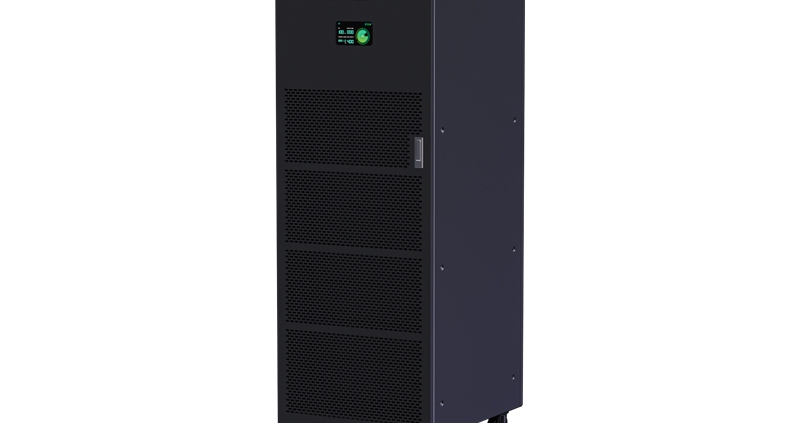Types of Battery Energy Storage Systems: A Complete Guide
Battery Energy Storage Systems (BESS) have revolutionized the way we store and utilize energy. From powering our smartphones to stabilizing national power grids, these systems play a crucial role in modern society. In this comprehensive guide, we will explore the various types of battery energy storage systems, their applications, advantages, challenges, and future trends.
Introduction to Battery Energy Storage Systems (BESS)
BESS encompasses a wide range of technologies designed to store electrical energy in chemical form, ready for later use. The importance of BESS lies in its ability to store excess energy generated during times of low demand and release it when demand is high, thereby balancing the supply-demand equation and enhancing grid stability.
Types of Battery Energy Storage Systems
1. Lithium-ion Batteries
Lithium-ion batteries are one of the most common types of BESS due to their high energy density, long cycle life, and relatively low maintenance requirements.
2. Lead-acid Batteries
Lead-acid batteries, though older in technology, are still widely used for their low cost and high reliability, especially in applications such as uninterruptible power supply (UPS) systems.
3. Flow Batteries
Flow batteries store energy in two electrolyte solutions separated by a membrane, offering scalability and long cycle life, making them suitable for large-scale energy storage applications.
4. Sodium-sulfur Batteries
Sodium-sulfur batteries operate at high temperatures and are known for their high energy density, making them ideal for applications requiring large amounts of stored energy.
5. Nickel-cadmium Batteries
Nickel-cadmium batteries, though less common today, are still used in certain niche applications due to their robustness and ability to withstand extreme temperatures.
6. Solid-state Batteries
Solid-state batteries are a promising emerging technology that replaces the liquid or gel electrolyte with a solid material, offering increased safety, energy density, and cycle life.
Applications of Battery Energy Storage Systems
BESS find diverse applications across various industries, including:
Grid Stabilization
By storing excess energy during periods of low demand and releasing it during peak demand, BESS help stabilize the grid, preventing blackouts and ensuring a reliable power supply.
Renewable Integration
BESS facilitate the integration of renewable energy sources like solar and wind into the grid by storing excess energy generated during favorable conditions for use when renewable generation is low.
Peak Shaving
BESS can reduce peak demand charges for commercial and industrial users by storing energy during off-peak hours and discharging it during peak hours, thereby reducing electricity costs.
Backup Power
In areas prone to power outages, BESS provide backup power to critical infrastructure such as hospitals, data centers, and telecommunications facilities, ensuring uninterrupted operation.
Advantages of Battery Energy Storage Systems
Flexibility
BESS offer unparalleled flexibility in terms of scalability and deployment, making them suitable for a wide range of applications from residential to utility-scale.
Efficiency
Compared to traditional energy storage solutions, BESS boast higher round-trip efficiency, meaning more energy stored is available for use when needed.
Cost-effectiveness
With advancements in technology and declining costs, BESS are becoming increasingly cost-effective, offering attractive returns on investment for various stakeholders.
Battery Energy Storage Systems play a pivotal role in shaping the future of energy storage and distribution. With advancements in technology, declining costs, and increasing environmental awareness, BESS are poised to become even more ubiquitous in our quest for a sustainable energy future.
Unique FAQs:
- Are battery energy storage systems only used for grid applications?No, battery energy storage systems have diverse applications ranging from grid stabilization to residential backup power.
- Which battery chemistry is the most common for grid-scale applications?Lithium-ion batteries are currently the most common choice for grid-scale applications due to their high energy density and relatively low cost.
- Do battery energy storage systems require regular maintenance?Yes, like any other electrochemical device, battery energy storage systems require periodic maintenance to ensure optimal performance and longevity.
- Are there any environmental concerns associated with battery production and disposal?Yes, the production and disposal of batteries can have environmental impacts, but efforts are underway to improve recycling processes and develop more sustainable battery technologies.
- What role do battery energy storage systems play in reducing carbon emissions?Battery energy storage systems enable the integration of renewable energy sources like solar and wind, reducing the need for fossil fuel-based power generation and thus lowering carbon emissions.



